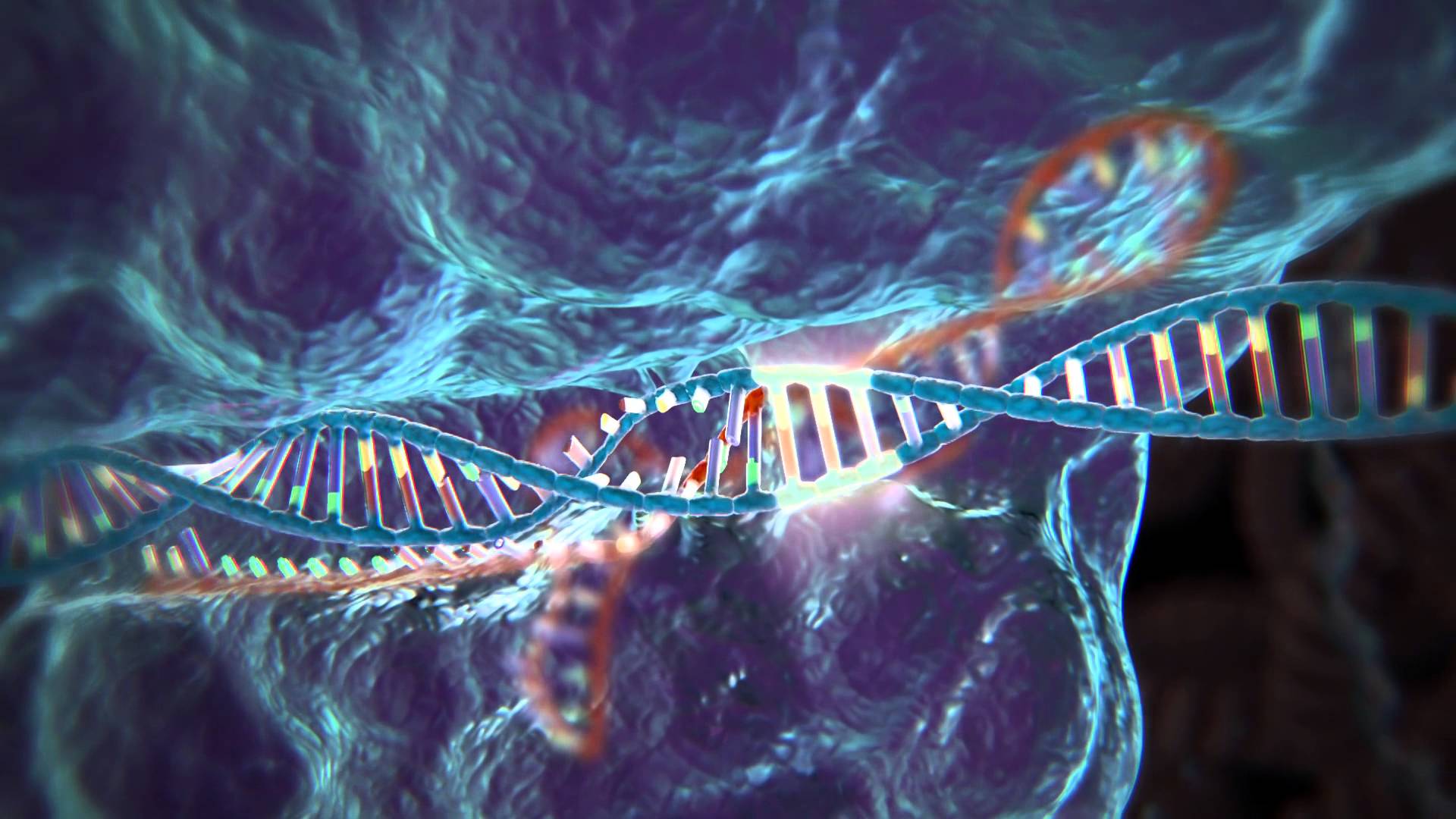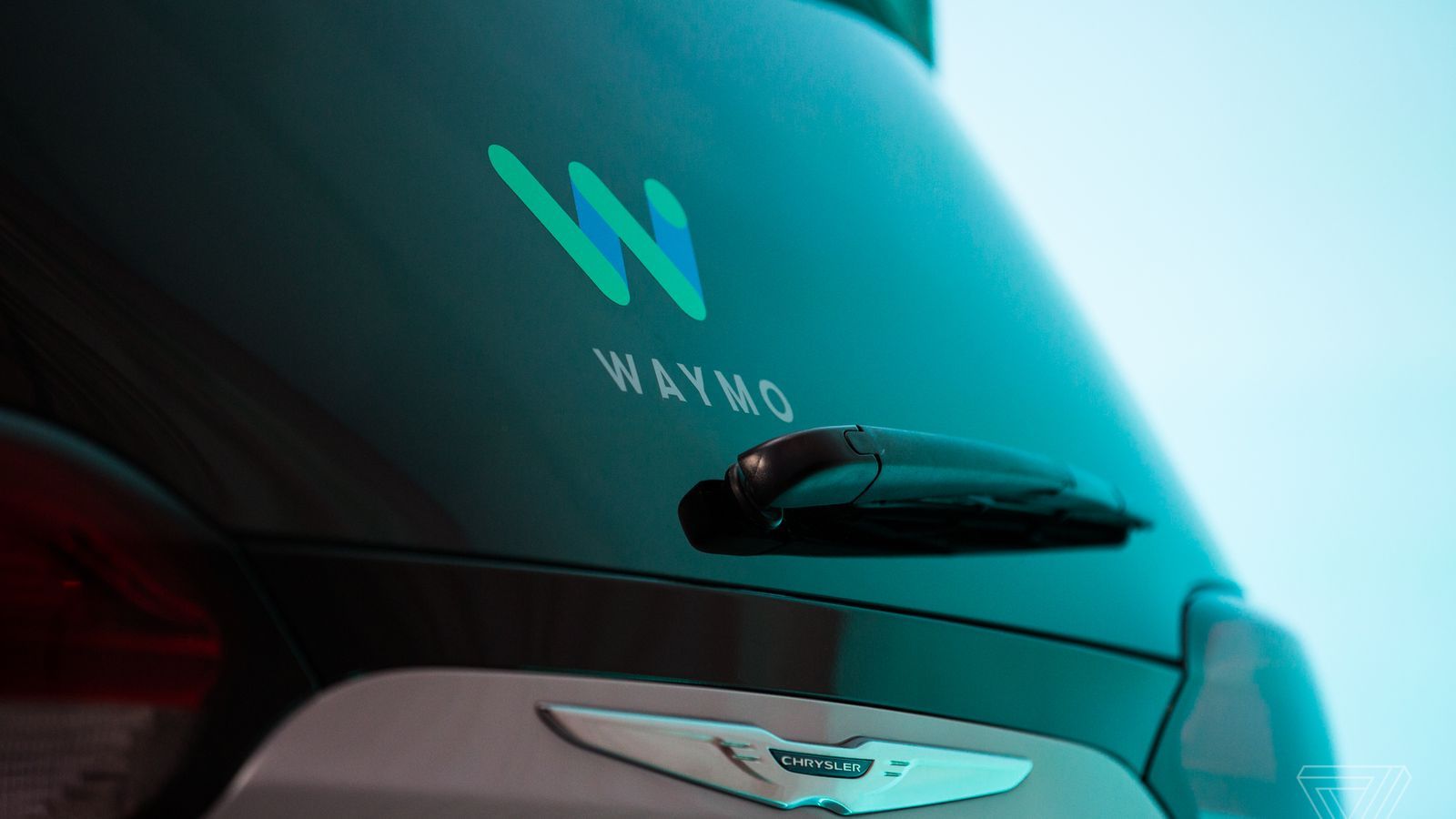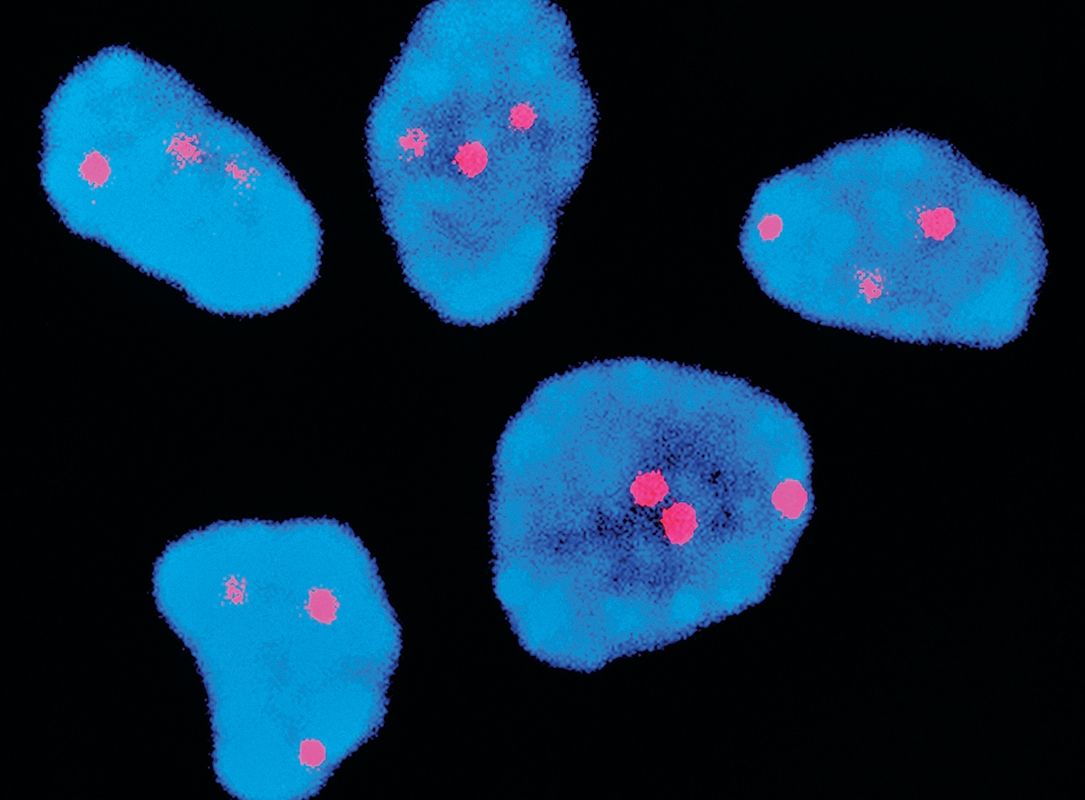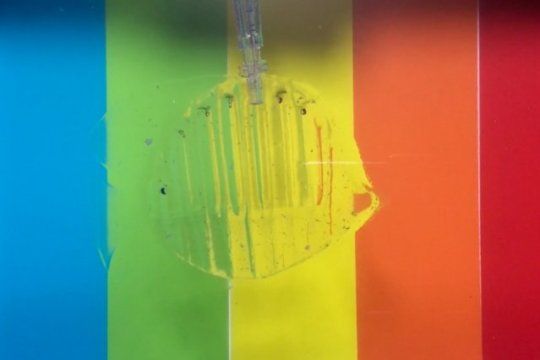Page 10261
Feb 1, 2017
Drone Landing Pads For Apartments
Posted by Shailesh Prasad in categories: drones, habitats
Feb 1, 2017
Supermarkets of the Future Are Going to Be Weird in So Many Ways
Posted by Shane Hinshaw in categories: robotics/AI, transportation
From predictive couponing to groceries delivered by robots straight to the trunk of your self-driving car, 21st-century shopping could offer serious innovations.
Feb 1, 2017
Salk scientists reverse signs of aging in mice
Posted by Dan Kummer in categories: biotech/medical, life extension
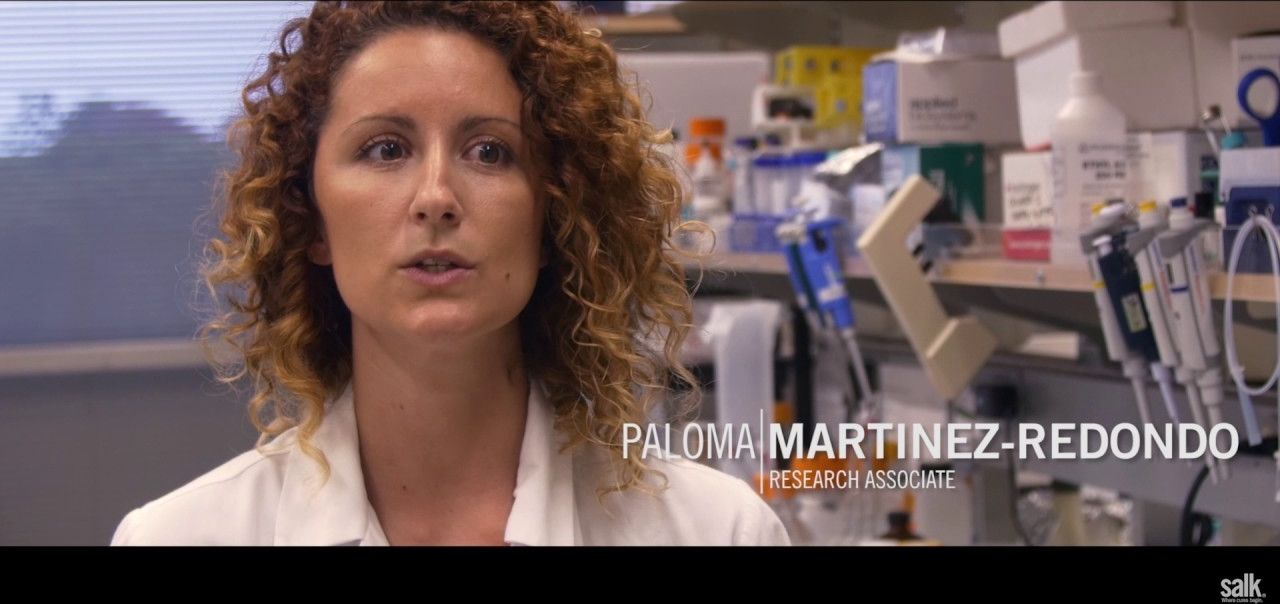
Scientists at the Salk Institute have found that intermittent expression of genes normally associated with an embryonic state can reverse the hallmarks of old age. This approach, which not only prompted human skin cells in a dish to look and behave young again, also resulted in the rejuvenation of mice with a premature aging disease, countering signs of aging and increasing the animals’ lifespan by 30 percent. The early-stage work provides insight both into the cellular drivers of aging and possible therapeutic approaches for improving human health and longevity.
http://www.salk.edu/news-release/turning-back-time-salk-scie…gns-aging/
Feb 1, 2017
Google’s self-driving cars just got way better at driving themselves
Posted by Shane Hinshaw in categories: robotics/AI, transportation
California’s Department of Motor Vehicles released its annual autonomous vehicle disengagement report today, in which all the companies that are actively testing self-driving cars on public roads in the Golden State disclose the number of times that human drivers were forced to take control of their driverless vehicles. The biggest news to come out of this report is from Waymo, Google’s new self-driving car company, which reported a huge drop in disengagements in 2016 despite an almost equally huge increase in the number of miles driven.
In other words, Waymo’s self-driving cars are failing at a much lower rate, even as they are driving a whole lot more miles. The company says that since 2015, its rate of safety-related disengages has fallen from 0.8 per thousand miles to 0.2 per thousand miles in 2016. So while Waymo increased its driving by 50 percent in the state — racking up a total of 635,868 miles — the company’s total number of reportable disengages fell from 341 in 2015 to 124.
Feb 1, 2017
A mysterious ‘void’ is pushing the Milky Way through the universe
Posted by Dan Kummer in category: space
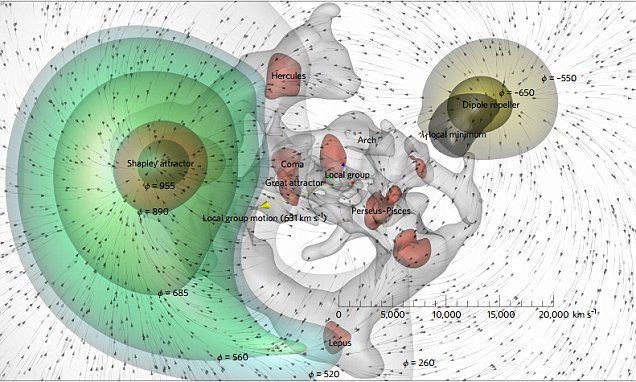
The force propelling the Milky Way through space has been a mystery to scientists for decades — but now a new 3D map has shed light on the mystery.
Previously it was thought a dense region of the universe was pulling us toward it, through the sheer might of its gravity — with a gravitational force equivalent to a million billion suns.
Continue reading “A mysterious ‘void’ is pushing the Milky Way through the universe” »
Feb 1, 2017
Clinic claims it has used stem cells to treat Down’s syndrome
Posted by Shane Hinshaw in category: biotech/medical
A clinic in India says it has used stem cells to treat Down’s syndrome in up to 14 people, but the announcement has alarmed independent researchers.
Feb 1, 2017
New Study Predicts Nearly Half of All Work Will Be Automated
Posted by Shane Hinshaw in categories: futurism, robotics/AI
In Brief
- A new report predicts that nearly 50% of all work could be automated by the year 2055, with machines already capable of taking over 30% of human tasks in about 60% of occupations.
- Though this shift could take longer due to politics and public sentiment, we need to start preparing now for a future in which many workers are displaced by machines.
According to a new report from the McKinsey Global Institute, nearly half of all the work we do will be able to be automated by the year 2055. However, a variety of factors, including politics and public sentiment toward the technology, could push that back by as many as 20 years. An author of the report, Michael Chui, stressed that this doesn’t mean we will be inundated with mass unemployment over the next decades. “What we ought to be doing is trying to solve the problem of ‘mass redeployment,’” Chui tells Public Radio International (PRI). “How can we continue to have people working alongside the machines as we go forward?”
The report suggests that the move toward automation will also bring with it a global boost in productivity: “Based on our scenario modeling, we estimate automation could raise productivity growth globally by 0.8 to 1.4 percent annually.” Removing the capacity for human error and dips in speed due to illness, fatigue, or general malaise can help boost productivity in any task capable of being automated.
Continue reading “New Study Predicts Nearly Half of All Work Will Be Automated” »
Feb 1, 2017
Yale study: Fusion of tumor cells, white blood cells may help cancer spread
Posted by Karen Hurst in category: biotech/medical
NEW HAVEN A Yale Cancer Center researcher and his team may be closer to understanding how cancers spread throughout the body, according to a release from Yale University.
Feb 1, 2017
Transparent gel-based robots can catch and release live fish
Posted by Karen Hurst in categories: materials, robotics/AI
A new technology for cleaning and maintaining your aquarium as well as useful for zoos, public aquariums, etc.
A new technology for fishing industry and hobbyists.1092647.htm
Engineers at MIT have fabricated transparent, gel-based robots that move when water is pumped in and out of them. The bots can perform a number of fast, forceful tasks, including kicking a ball underwater, and grabbing and releasing a live fish.
Continue reading “Transparent gel-based robots can catch and release live fish” »
